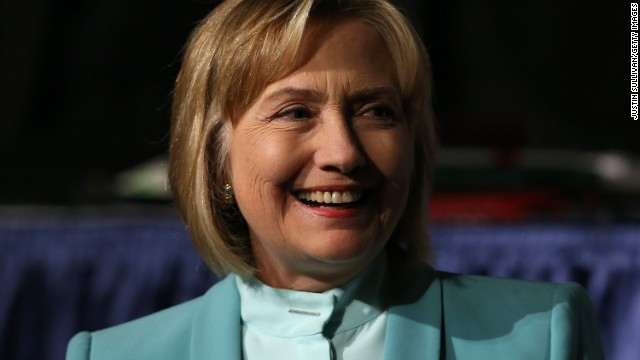Ted Kennedy, often regarded as a formidable political titan, played an instrumental role in propelling Barack Obama’s meteoric rise during the 2008 Democratic primaries. At a time when Obama was seeking to establish his credentials in a crowded field, Kennedy’s endorsement was not merely symbolic; it was a strategic maneuver that underscored deeper currents within the Democratic Party. The endorsement signified a generational shift and a breaking of the old guard’s stronghold over Democratic politics.
This act incited an invigorated enthusiasm among the grassroots, a populace yearning for a new approach to leadership. Kennedy’s presence underscored the dynamic opportunities for change during an era rife with disillusionment. His legacy, steeped in progressive ideals and public service, resonated profoundly with a party ready to embrace a leader who could articulate a vision for the future rather than simply perpetuate the status quo.
Moreover, the fascination with this endorsement extends beyond mere political strategy; it speaks to a deeper ideological alignment. Both Kennedy and Obama were visionaries, advocating for social justice, healthcare reform, and economic equity—a symbiotic relationship that invigorated supporters from diverse demographics. The endorsement also served as a reminder of the Kennedy family’s storied history in American politics, invoking a sense of nostalgia and hope for a renewed commitment to the values they espoused.
In an atmosphere charged with uncertainty, Kennedy’s backing not only lent Obama an air of legitimacy but also galvanized a movement. It encouraged a coalition of diverse voter bases, fostering a sense of empowerment particularly among young voters, minorities, and women. This coalition mobilized in unprecedented ways, drawing on emotions articulated in speeches that echoed the passionate rhetoric of past civil rights movements.
Furthermore, Kennedy’s political acumen illuminated the barriers Obama needed to dismantle. By aligning himself with the charismatic senator, Obama was able to confront, head-on, the skepticism surrounding his candidacy—especially regarding experience and electability. Kennedy’s endorsement acted as a catalyst, enhancing Obama’s narrative that was both inspirational and transformative.
In retrospect, the implications of Kennedy’s endorsement reverberate throughout contemporary political discourse. The resonance of this moment continues to shape the trajectory of the Democratic Party, which is in continual flux, seeking to balance its progressive ideals with practical governance. Kennedy’s strategic judgment reflected not only a belief in Obama’s potential but also an understanding of the evolving landscape of American political consciousness.
By bridging the past with the future, Ted Kennedy provided Barack Obama with an invaluable boost—one that ultimately heralded a new era of political possibility and engagement.
